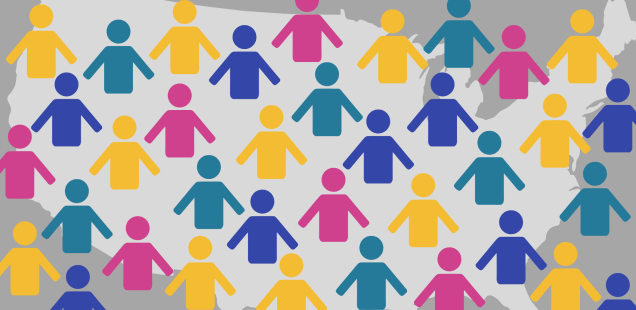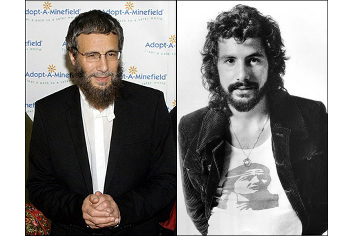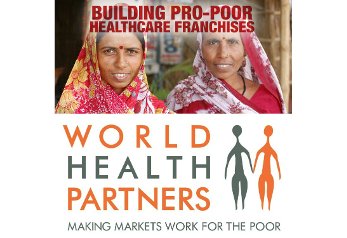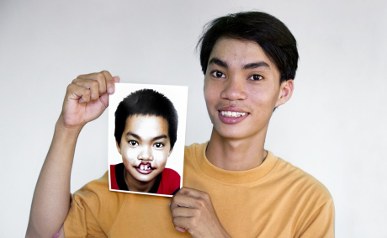Currently, 22.000 children under the age of five die each day across the developing world from preventable or treatable diseases, including measles, diarrhoea and malaria. Every day of a year, a thousand women died due to complications in pregnancy and child birth, over half in sub-Saharan Africa. Access to skilled healthcare personnel could reduce these deaths, but more than half of women in sub-Saharan Africa give birth alone or with untrained assistance. Often, the one factor preventing the delivery of healthcare is the lack of managed transportation. In many parts of Africa, there is limited motor vehicle maintenance that could ensure lasting and cost-efficient transportation of much needed supplies and aid. It only takes a few hours to reach any capital in the world by plane, but it can entail days and much difficulty to reach the more rural areas in developing countries. Many development efforts often fail because distribution proves to be a neglected component. Food supplies, new drugs, vaccines and other critical health products are useless if they cannot reach their destination. Riders for Health (founded byAndrea and Barry Coleman), addresses these delivery obstacles by managing vehicles to support organizations whose goal is to reach the rural poor in sub-Saharan Africa with healthcare and vital services. Riders for Health manages +1,000 vehicles involved in direct healthcare delivery. Its innovative transport systems incorporate driver training, daily maintenance, fuelling supply-chain logistics for replacement parts, and regular preventative maintenance. Outreach health workers mobilized by Riders for Health see three times the number of people they could without a Riders motorcycle, and can visit five times as many villages. This increased productivity represents better healthcare service delivery through increased frequency of interaction between health workers, communities and people needing healthcare. As a result, outreach health workers can travel more than 3.2 million kilometres in one year alone. A conservative estimate shows that 11 million people are better able to access healthcare thanks to Riders programmes. 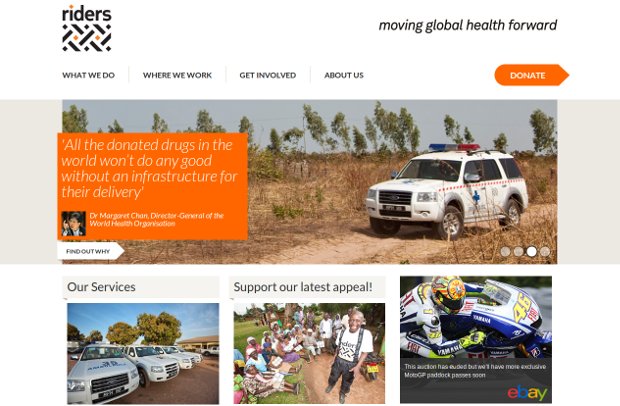 Website: http://www.riders.org/ A travel to Zambia
Website: http://www.riders.org/ A travel to Zambia
You want to save lives?
![]()
STAY IN TOUCH
SUBSCRIBE TO OUR NEWSLETTER
AND RECEIVE OUR LATEST STORIES
OLBIOS NETWORK FOR ACTION



